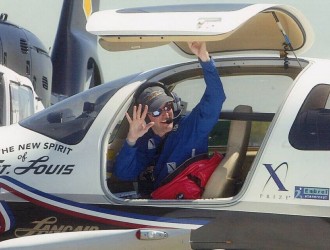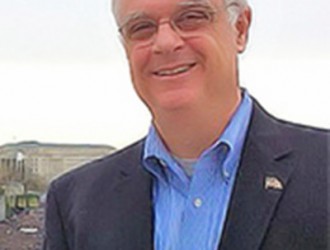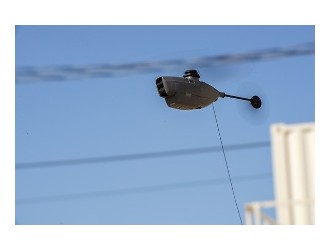The U.S. Supreme Court will not hear complaints from the Town of East Hampton, New York, regarding helicopter noise. Councilwoman Kathee Burke-Gonzalez said Monday that the court had denied the town’s petition for certiorari.
The town had legislated three local laws limiting aircraft noise at East Hampton Airport, only to have them ruled pre-empted by federal law. Following that decision, local news outlets reported the town announced in November its intention to file a petition to the Supreme Court, hoping to overrule the lower court’s decision.
“The Town Board is deeply disappointed in the Supreme Court’s order not to review the Second Circuit decision, which strips municipal airports like East Hampton’s of their traditional proprietary powers to limit airport noise. Nonetheless, the Supreme Court gave serious consideration to our petition, ordering a response from the plaintiffs, as it does in only a small number of cases,” said Larry Cantwell, the town’s supervisor. “The denial of a petition for certiorari has no precedential force and does not mean that the Supreme Court has taken any view on the correctness of the Second Circuit decision.”
The local laws were passed by the East Hampton Town Board in 2015, restricting what it defined as “noisy aircraft” to one single landing and takeoff per week during summer months, which is the airport’s busiest season. The laws also called for curfews: a year-round general curfew and a year-round extended curfew for the “noise aircraft.” A coalition of helicopter operators and allies sued shortly after, arguing the laws were illegal, as the national airspace is in the jurisdiction of the FAA. One involved airport ally was the National Business Aviation Assn. (NBAA).
Along with Friends of the East Hampton Airport, NBAA said it agreed that the Airport Noise and Capacity Act of 1990 prohibited the town from adopting operational restrictions. The decision against East Hampton's law came in 2016 from the U.S. Court of Appeals for the Second Circuit. NBAA recently released a statement calling the Supreme Court’s petition denial “a resounding victory for public-use airports nationwide” and has pledged to continue to oppose any similar efforts at other public-use airports.
"This decision reaffirms the longstanding policy that America has a national aviation system, not one subject to a patchwork quilt of local regulations," said Ed Bolen, NBAA president and CEO. “This national framework ensures that citizens, companies and communities can work together to meet the needs of all stakeholders. The court clearly understands that reality, and we welcome today's ruling.”
The East Hampton Star reported that East Hampton’s state representatives had sponsored state legislation that would make future long-term financial agreements between the East Hampton Town Board and the FAA. The report said that this includes airport grants and assurances. The legislation has not yet reached the governor’s office. Burke-Gonzalez assured that the board does not plan to give up its efforts to curb the “noisy aircraft.” The town would pursue a solution “through the onerous FAA Part 161 process,” she said, as well as through Congress. Burke-Gonzalez is the board’s liaison to the airport.
“We will not and can not stop fighting to regain local control of our municipal Airport,” she said. “The federal government, and in particular the FAA, is incapable of managing the airport in the best interests of our community. We need local control in order to bring the much needed relief from aircraft noise.”





